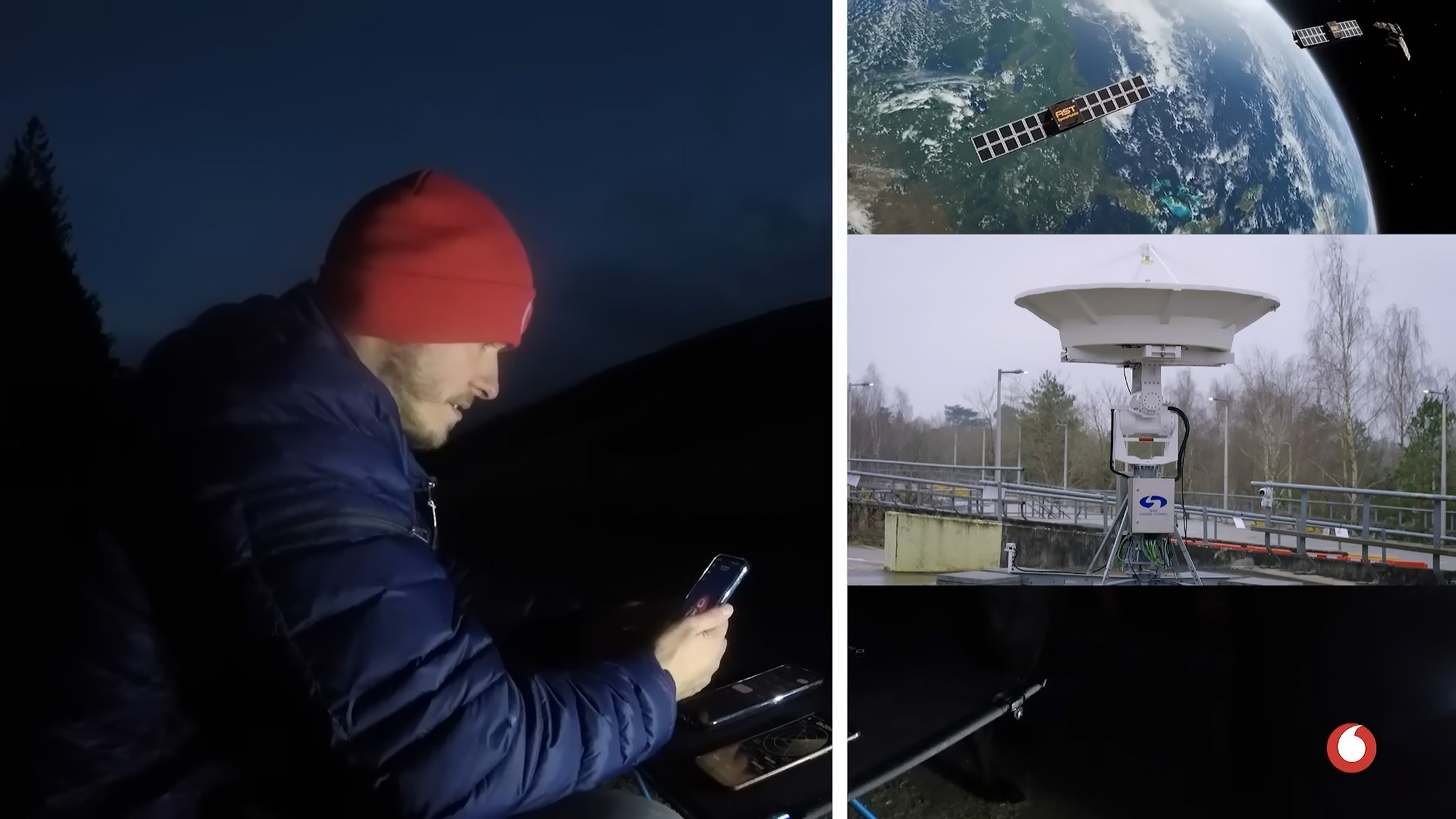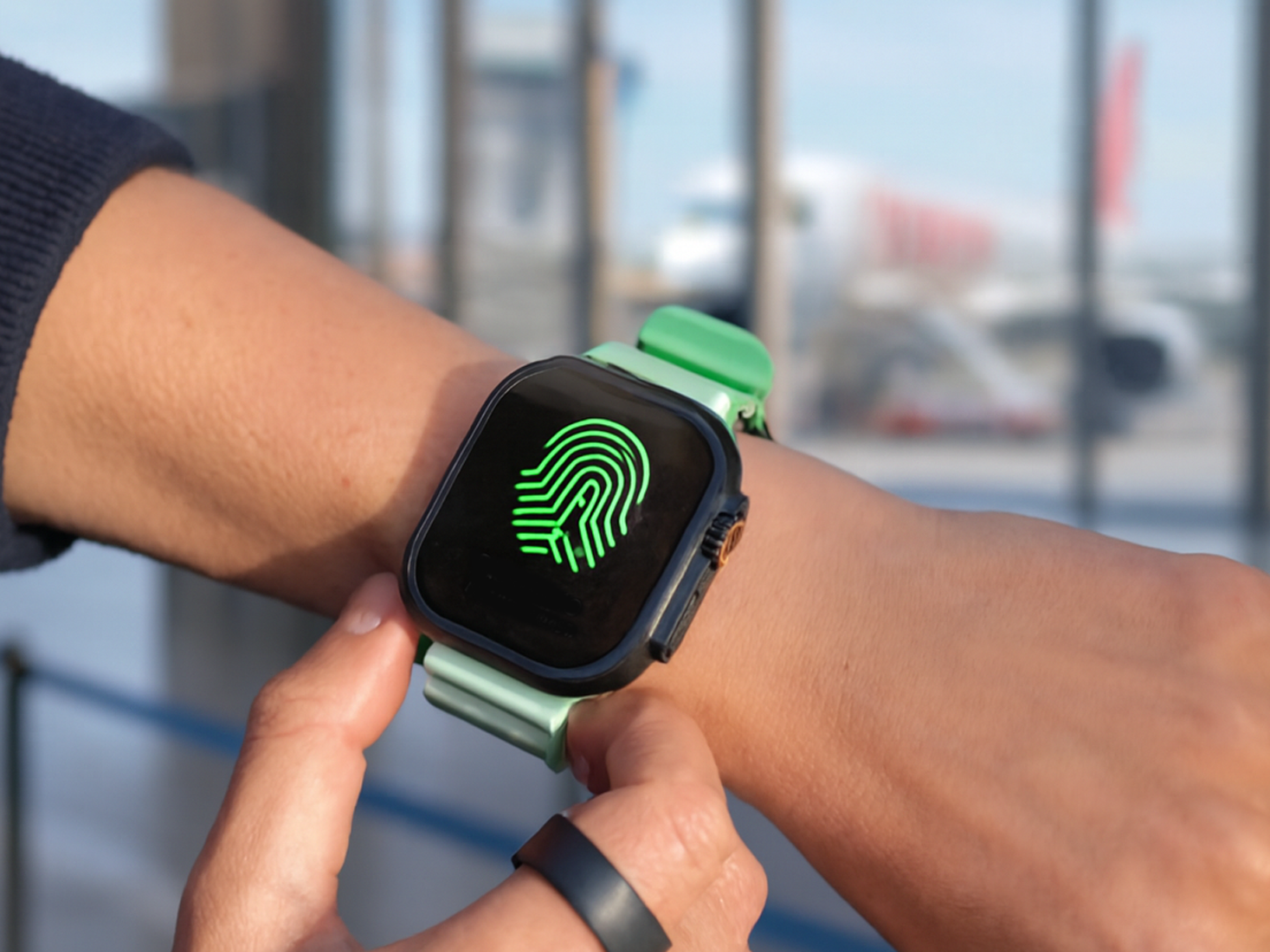
Nintendo Life: To start, we were deeply saddened to hear of Mohammad Fahmi’s tragic passing in 2022. Can you tell us about his imprint on the game and how the team at Pikselnesia has worked to bring his vision to life?
Ivor Dwitomo, Pikselnesia: Fahmi is not only the team’s great leader, he also had great vision. He knew what he was doing, and he knew the initial and final state of Afterlove EP, front to back. Everything that he knew and shared with the team about Afterlove EP was already written out in the Game Development Documents before he passed away.
As a producer, every time Fahmi and I had a discussion with the team, I wrote it down and shared it back [to them]. We worked very well together. His vision was clear. When he passed away, we were super struggling because most of the script was still in outline, but we held [onto] his vision. It took a lot of time and a lot of support [from the writers] to break it down into the dialogue. The dialogue was under Narrative Lead Sasha‘s supervision, who was working very closely with Fahmi as his Narrative Designer for Afterlove EP.
Now, it’s done. It took almost 4 years [with] 2 years of development planning.

The game itself is full of heavy topics like love, grief and moving on. Does it take a toll on you, as a dev, to work with such big emotions on a daily basis, and how have you ensured that the themes are correctly handled in the game?
Emotion takes up a big part of your life on a daily basis, especially while developing this game, but we’ve gotten used to it. Love, grief, happiness, sadness, anger, moving on, etc. is part of it. We stay clear to seeing Fahmi’s vision through.
To ensure that the themes are correctly handled in the game, Fahmi and Sasha worked together on the outline for Afterlove EP. Sasha knows where Fahmi wanted to go with it. Before Fahmi passed away, the outline (the initial state) was already prepared and documented very well, and again, we trust his vision and Sasha’s understanding of it because they worked so closely together.
Afterlove EP’s gameplay is split across several different genres, from visual novels to rhythm games. What was the biggest challenge in combining these styles into one cohesive experience?
Fahmi thought it would be great if we could bring a real band into the game to collaborate
Rama, the main character in this game, is a young, talented musician, so of course the story will have music [in it] as well. It was the most important theme. The biggest challenge, in my opinion, is to work together with real musicians, a real band, L’alphalpha, to write the song lyrics that relate to the game story.
This is a new experience [for me] and the team as well. [It was a] new experience for the band also, to blend the music to the different aspects of the game.
The game borrows a lot of real-world locations from its Jakarta setting. Would you say that the city itself is a character in the game? And how important was it to show the rest of the world what Jakarta is like?
Yes, Jakarta is not just the setting of the game, but in many ways, it feels like a character itself. We’ve focused mainly on South Jakarta, showcasing its unique blend of modernity and tradition. From the Blok M (we called it ‘Blok W’ in Afterlove EP), MBloc, to the small stalls of Warung. By bringing Jakarta to life in the game, we hope players from around the globe can connect with the city and feel its authenticity.

Music plays an integral part in the game’s story, and it’s L’alphalpha’s original tracks that have brought it to life. What was it about the band’s work that made them the right fit for this project, and can you tell us a bit about the collaboration process?
Rama is a young musician [and has] a band called Sigmund Feud. Fahmi thought it would be great if we could bring a real band into the game to collaborate.
L’Alphalpha is an indie band from Jakarta, and Pikselnesia had already collaborated with them in What Comes After. [For] our collaboration with L’Alphalpha here, they made us seven songs that related to the game. Like I said before, music is a very important part of Afterlove EP.
We’re big fans of Soyatu’s art for the game. How did you approach them about working on Afterlove EP, and how did their experience with music and art influence or help development?
We at Pikselnesia are big fans of Soyatu, even more now that we’ve worked with them.
sometimes you will get a good end in a relationship and sometimes it’s bad
Here is an interesting story [about] Soyatu: Fahmi and Soyatu first [met] at Haro, one of the places you can find in Afterlove EP. Fahmi [approached] Soyatu and told him that he [wanted] to make a game with his art style, but, at first, Soyatu [rejected] Fahmi’s offer because he didn’t have experience in game development. But it’s not Fahmi if he cannot get what he wants! He was very convincing. By the end of the conversation, Fahmi said, “it will be a great game, just leave it to me”, and that is how Soyatu joined Pikselnesia.
Fun fact: Soyatu is also a guitarist in a band.

How does it feel to offer players multiple endings? Are there certain ones that you get attached to, or are you happy to see every outcome?
It feels like in real life, to be honest, sometimes you will get a good end in a relationship and sometimes it’s bad. This is a very tricky question! This is only my personal opinion, [but] I’m happy with every outcome. Sometimes moving on from your ex is good, but on the other hand, you don’t want to move on because you want to cherish the memories. Sometimes, breaking up is a good way in a relationship.
Nintendo Life: To start, we were deeply saddened to hear of Mohammad Fahmi’s tragic passing in 2022. Can you tell us about his imprint on the game and how the team at Pikselnesia has worked to bring his vision to life?
Ivor Dwitomo, Pikselnesia: Fahmi is not only the team's great leader, he also had great vision. He knew what he was doing, and he knew the initial and final state of Afterlove EP, front to back. Everything that he knew and shared with the team about Afterlove EP was already written out in the Game Development Documents before he passed away.
As a producer, every time Fahmi and I had a discussion with the team, I wrote it down and shared it back [to them]. We worked very well together. His vision was clear. When he passed away, we were super struggling because most of the script was still in outline, but we held [onto] his vision. It took a lot of time and a lot of support [from the writers] to break it down into the dialogue. The dialogue was under Narrative Lead Sasha's supervision, who was working very closely with Fahmi as his Narrative Designer for Afterlove EP.
Now, it's done. It took almost 4 years [with] 2 years of development planning.

The game itself is full of heavy topics like love, grief and moving on. Does it take a toll on you, as a dev, to work with such big emotions on a daily basis, and how have you ensured that the themes are correctly handled in the game?
Emotion takes up a big part of your life on a daily basis, especially while developing this game, but we’ve gotten used to it. Love, grief, happiness, sadness, anger, moving on, etc. is part of it. We stay clear to seeing Fahmi’s vision through.
To ensure that the themes are correctly handled in the game, Fahmi and Sasha worked together on the outline for Afterlove EP. Sasha knows where Fahmi wanted to go with it. Before Fahmi passed away, the outline (the initial state) was already prepared and documented very well, and again, we trust his vision and Sasha’s understanding of it because they worked so closely together.
Afterlove EP’s gameplay is split across several different genres, from visual novels to rhythm games. What was the biggest challenge in combining these styles into one cohesive experience?
Fahmi thought it would be great if we could bring a real band into the game to collaborate
Rama, the main character in this game, is a young, talented musician, so of course the story will have music [in it] as well. It was the most important theme. The biggest challenge, in my opinion, is to work together with real musicians, a real band, L’alphalpha, to write the song lyrics that relate to the game story.
This is a new experience [for me] and the team as well. [It was a] new experience for the band also, to blend the music to the different aspects of the game.
The game borrows a lot of real-world locations from its Jakarta setting. Would you say that the city itself is a character in the game? And how important was it to show the rest of the world what Jakarta is like?
Yes, Jakarta is not just the setting of the game, but in many ways, it feels like a character itself. We've focused mainly on South Jakarta, showcasing its unique blend of modernity and tradition. From the Blok M (we called it 'Blok W' in Afterlove EP), MBloc, to the small stalls of Warung. By bringing Jakarta to life in the game, we hope players from around the globe can connect with the city and feel its authenticity.

Music plays an integral part in the game’s story, and it’s L’alphalpha’s original tracks that have brought it to life. What was it about the band’s work that made them the right fit for this project, and can you tell us a bit about the collaboration process?
Rama is a young musician [and has] a band called Sigmund Feud. Fahmi thought it would be great if we could bring a real band into the game to collaborate.
L’Alphalpha is an indie band from Jakarta, and Pikselnesia had already collaborated with them in What Comes After. [For] our collaboration with L’Alphalpha here, they made us seven songs that related to the game. Like I said before, music is a very important part of Afterlove EP.
We’re big fans of Soyatu’s art for the game. How did you approach them about working on Afterlove EP, and how did their experience with music and art influence or help development?
We at Pikselnesia are big fans of Soyatu, even more now that we’ve worked with them.
sometimes you will get a good end in a relationship and sometimes it's bad
Here is an interesting story [about] Soyatu: Fahmi and Soyatu first [met] at Haro, one of the places you can find in Afterlove EP. Fahmi [approached] Soyatu and told him that he [wanted] to make a game with his art style, but, at first, Soyatu [rejected] Fahmi's offer because he didn't have experience in game development. But it's not Fahmi if he cannot get what he wants! He was very convincing. By the end of the conversation, Fahmi said, "it will be a great game, just leave it to me", and that is how Soyatu joined Pikselnesia.
Fun fact: Soyatu is also a guitarist in a band.

How does it feel to offer players multiple endings? Are there certain ones that you get attached to, or are you happy to see every outcome?
It feels like in real life, to be honest, sometimes you will get a good end in a relationship and sometimes it's bad. This is a very tricky question! This is only my personal opinion, [but] I’m happy with every outcome. Sometimes moving on from your ex is good, but on the other hand, you don’t want to move on because you want to cherish the memories. Sometimes, breaking up is a good way in a relationship.
This interview has been edited for clarity.
Thank you to Ivor for taking the time to answer our questions and to Jasmine at DoubleJump Communications for setting it up. Afterlove EP launches on the Switch eShop on 14th February.
- Related Games
- See Also
























